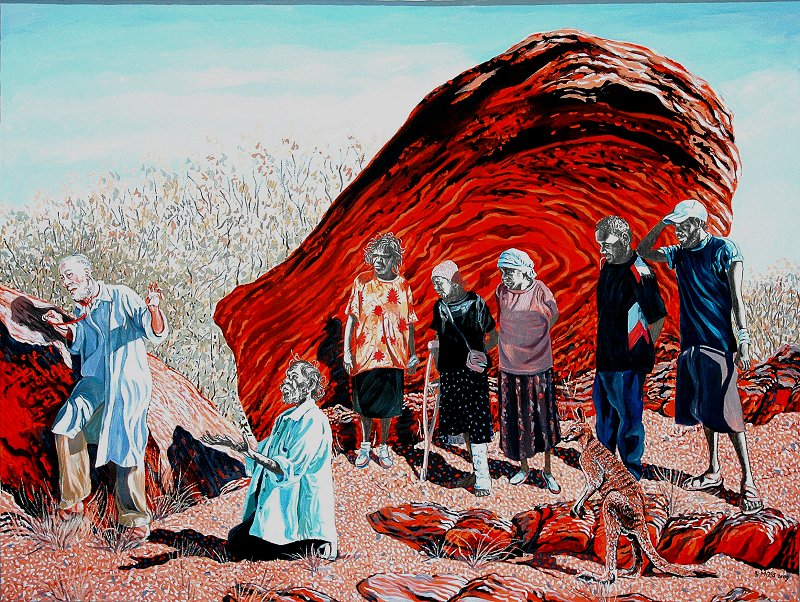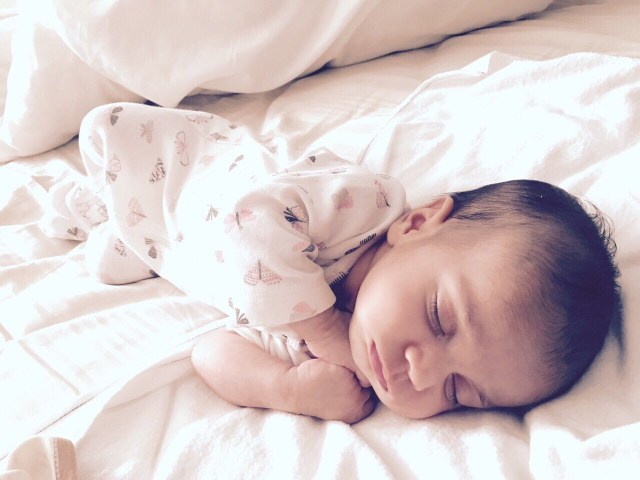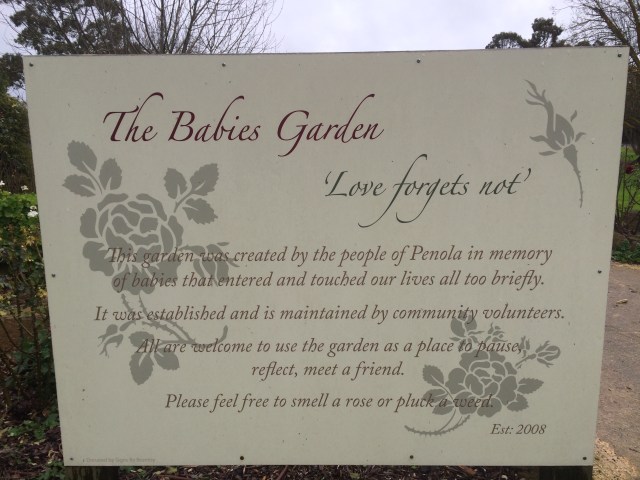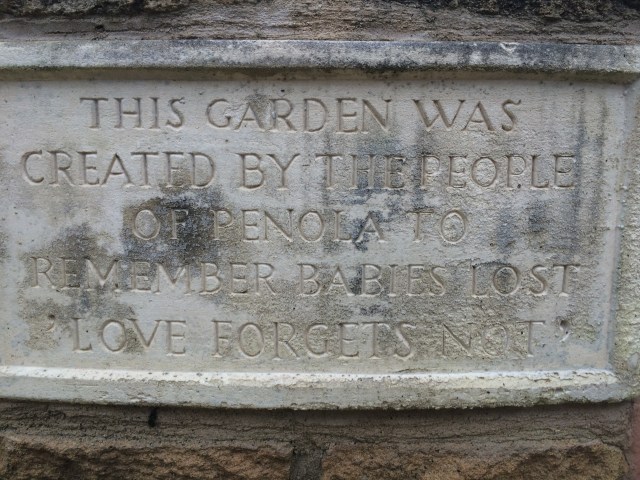My friend Paul Jarrett is a retired surgeon. He lives in Phoenix, Arizona. A wise and humane man, Paul is now in his mid-nineties. Every day he sends a volley of emails that entertain, edify and enlighten me. Visited by a spark of memory, he writes:
A Moment in Time
There was a girl in our class at Phoenix Jr. College whose last name I could not recall until Catherine McComb reminded me.
She was remarkable in many ways, lovely, tall, brunette, bright and friendly, but pleased to help any of us duller students with our physics, chemistry or biology studies. She was a lady of beauty, charm and talent.
Over time she married, became a columnist for the local newspaper and wrote under her married name.
I lost track of her during the war, but after return when I was in practice, I ran into her at St. Luke’s while making rounds. She recognized me, gave me a hug and a kiss, broke into tears and left, crying, without saying a word. I do not usually have that effect on girls.
I have no idea what that was about. I wish I did. She died some time later and I finally concluded that she must have just received some bad news about her condition prior to seeing and recognizing me. I do not know to this day what burden she bore however silently.
The memory of an experience like this remains over a lifetime and although names may be forgotten, emotional experiences are not. Whatever was hurting her, she did not deserve and I was powerless to help. The scene flashes in my memory once in a while. I am pleased that Pete provided me with her last name, but disturbed when I recall that last recognition and meeting. Had she spoken to me, probably all I could have done was help her cry, and she did not want that.
This sparked something. I wrote back.
Dear Paul,
Your story moved me. It disturbed a memory of my own of an event that took place about twenty years ago. It is something I think about infrequently, but when I do so, it affects me still.
It’s nearly lunchtime and I’m running thirty minutes behind time. I collect the last patient from the waiting room. To my delight it’s Lucy. I haven’t seen her for seven years or so.
Ten years ago Lucy and her young husband moved interstate to serve their church full time as youth chaplains. She bobbed up a few years later seeking my help: I have a problem no-one in South Australia can diagnose. So I’ve come back to Melbourne to see you. Lucy’s problem turned out to be an ectopic e. And she prayed for babies.
The babies, a boy and a girl, arrived soon after. And now Lucy is here today.
In this country practice the doctor treats the whole family. I was the family doctor. I knew Lucy’s father parents, a broad man with deep dimples in his wide face. He’d smile readily and his loose features would collapse inwards in genial embrace of whatever passed. He was the first of my patients to undergo hip replacement surgery. He died in hospital of an infection. I looked after her sorrowing mother and the four girls. I treated Lucy’s younger sister for the fatigue illness that followed Dad’s death. Lucy was the eldest. She married and moved to a parish on the farthest edge of the metropolitan area, but when she was troubled she’d drive across the city and come back to the doctor of her childhood.
Then she and her husband Christian moved interstate and created a family and I haven’t seen them since. And here she is…
Hello Lucy, how lovely to see you.
Hello Howard. It’s good to be here.
Something is missing from Lucy’s face. The wide smile that always raced across her fine features like a flash of brightening is a small pinched effort today. Something’s up.
What’s wrong, Lucy?
I have a lump in my breast.
Lucy is petite, still slim after the babies. The lump in her right breast is easy to find and hard. My anxious fingers check under her arms. There is an enlarged lymph node in her right armpit. The same side.
Can you feel it, Howard?
Yes, I can.
Lucy looks up from the couch at her old doctor. Her small face looks terribly young, her little body swims beneath the white sheet. She looks to the old doctor, that old look from the time when doctor would make everything alright. Doctor feels suddenly too young, or too old, or too something for this news.
My hesitation tells Lucy everything. Her face speaks. She knows. She understands. Her voice is steady, calm: what will we do, Howard?
I’ll let you get dressed, then we’ll talk.
The things we will do are much easier than the things we must think, the things we must say or must not say.
I arrange an immediate mammogram and an ultrasound. I request a fine needle biopsy of the lumps. And I secure an appointment for Lucy to see a breast surgeon within days.
These phone calls consume the minutes. Today Lucy and I have ninety minutes; by a mistaken stroke of a receptionist’s cursor my lunch hour has doubled. There is time to describe the nature of a mammogram, its discomforts, its austere indignities, its impersonal delays and interruptions. There is time to describe the relative painlessness of a fine needle biopsy. A result will take up to a week.
We sit quietly for a while, thinking our thoughts. More precisely, Lucy thinks and I guess what at she must think: What will I say to Michael? What will we tell the children? How will I tell Mum? And my sisters? They’ve had enough of loss? I think that I know that none of Lucy’s thoughts will be for herself, for the support that she will need.
I notice Lucy glancing at her watch: Have I made you late for something, Lucy? Your children?
A shake of her head: No, the kids are with Mum.
Tears gather, tremble, fall.
My children…
How old are they now, Lucy?
Michael is six, Hetty is four.
A pause. Lucy mops her face, blows her nose, a long unselfconscious, snotty blow. Then more tears: They might not even remember their mother. At least I had Dad until I was twelve…
Lucy, I think it is cancer. If so, it is serious. But we don’t actually know. We don’t know anything at this stage. I promise I’ll tell you everything that I know as soon as I know it.
Lucy gets to her feet and tidies her face again for the world outside. She thanks me and turns to go. She stops before my door, turns back and reaches, draws me into a hug. I hug back. Hard.
I have finished my hug and let go. But Lucy holds on. Her body is shaking. She is crying again, she will not let go. My arms are gentle around her. After long minutes, Lucy has finished. She steps back, looks up and says: That hug, that’s what I crossed Melbourne for.
Paul, I never saw Lucy again. Her specialist kept me informed. The imaging showed a tumour, the biopsies confirmed cancer that had spread to the lymph node. Lucy underwent mastectomy followed by chemotherapy. Eight years later Lucy died. Her boy, Michael, was fourteen, her little girl was twelve. Old enough to remember, old enough to grieve.
Some time after Lucy’s last visit a routine letter arrived from the Medical Registration Board. It warned all practitioners against any contact with a patient beyond that necessary for their clinical management. I thought about Lucy. Paul, that hug was as intimate as it was chaste. It was important.
I told my wife about it at the time. And last week when I received your letter I spoke about it with Annette again. As I did so tears gathered in my own eyes and my voice thickened. I felt the pain more keenly than before. And Annette understood and she comforted me. Continue reading →





 I
I